There was a time when car buyers chose their next vehicle based on legacy, badge prestige, or the reassuring hum of a well-tuned engine. But in China’s fast-evolving automotive landscape, those days are gone. The 2023 Yiche Brand Loyalty Report reveals something striking: consumer allegiance is no longer commanded by tradition but earned through relevance.
The rise of “New Five Trends” (premiumization, family-centric design, electrification, personalization, and urban mobility) is reshaping what loyalty even means. It’s no longer about who makes the car—but what the car makes possible for the lives of its drivers.
And that shift is leaving some of the world’s most storied brands scrambling to keep up.
1. The Heart of the Shift: When User Needs Outgrow Legacy Logic
Chinese consumers aren’t just changing cars—they’re changing what they expect from them.
For years, premium brands like BMW and Mercedes-Benz banked on a simple truth: climbing the social ladder meant climbing into one of their sedans. But in 2022, something remarkable happened. Ideal L9, a three-row SUV from a Chinese startup, began siphoning off would-be buyers of the BMW X5 and Mercedes GLE. Not because it was cheaper – but because it understood Chinese families better.
Where German engineering prioritized driving dynamics, Li Auto delivered a living room on wheels – complete with a refrigerator, queen-size recliners, and screens to keep the kids entertained. The message was clear: Loyalty follows function, not folklore.
Meanwhile, brands anchored in old strengths are paying the price. Volkswagen, long the default choice for pragmatic buyers, now watches as BYD’s Seal and Dolphin steal away its customer base. It’s not just about electrification – it’s about cost of ownership, simplicity, and a value proposition that speaks to real life. The days of winning buyers with a TDI badge or a reputation for “solid engineering” are fading.
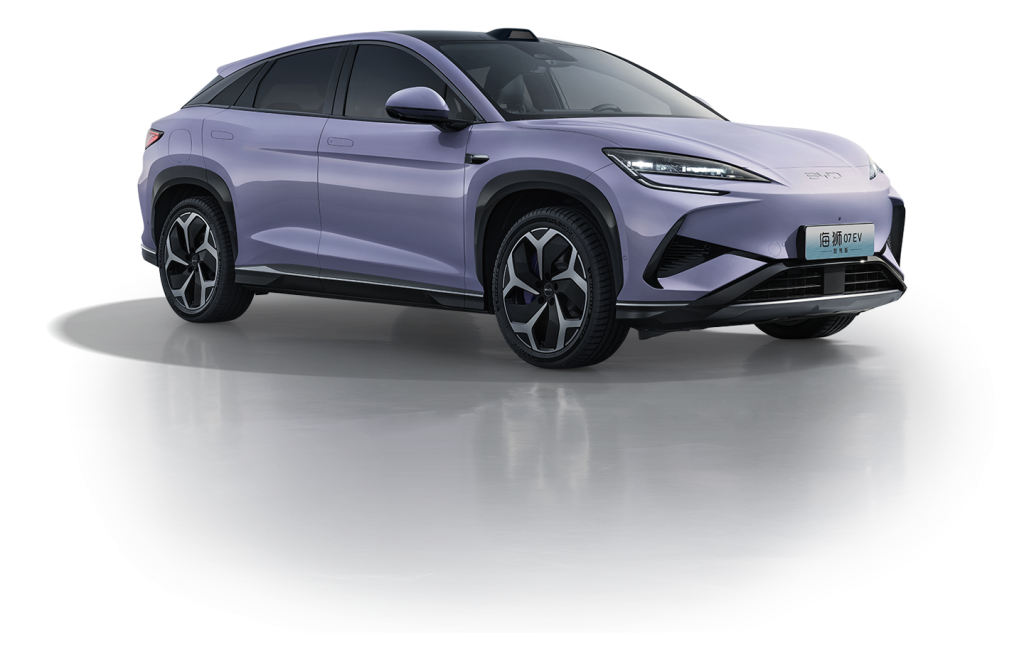
A brand’s legacy is no longer a moat – it’s just a story. And in China, new stories are being written every day.
2. The Silent Crisis: Why Traditional Automakers Are Losing Their Grip
It’s tempting to blame shrinking loyalty on chip shortages, supply chains, or market slowdowns. But the real issue runs deeper: many brands are solving problems that no longer exist.
Take Mercedes-Benz. For decades, the allure of the three-pointed star was unshakable. Yet in 2022, its loyalty rate slipped—not because the cars got worse, but because consumer priorities got more precise. Chinese buyers upgrading from a C-Class don’t just want “more luxury”—they want luxury that fits their lifestyle. They crave SUVs with executive rear seats, EVs with seamless urban range, or off-roaders that don’t look like museum pieces.
Meanwhile, mass-market players like Nissan and Honda—once paragons of reliability—are seeing their loyalty erode. Why? Because “trusted and affordable” isn’t enough anymore. In an era where BYD offers hybrid tech at ICE prices, where Xpeng delivers Tesla-rivaling autonomy for less, and where Geely’s Zeekr 001 redefines what a premium EV can be, brands built on yesterday’s value propositions are being left behind.
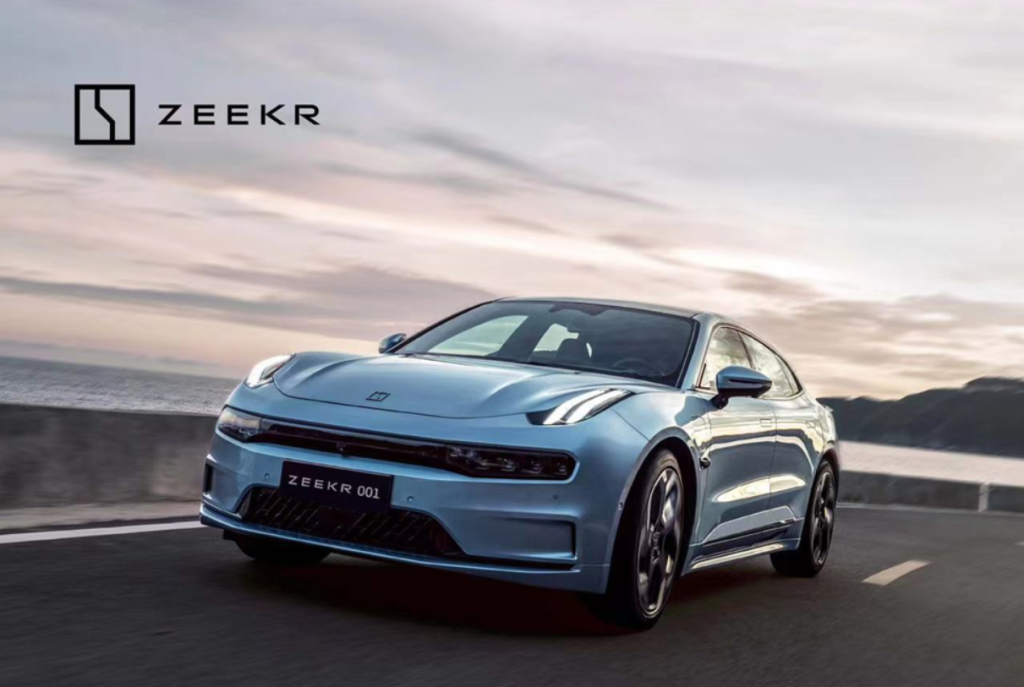
The question isn’t whether these companies can adapt—it’s how many customers they’ll lose before they do.
3. Winning the New Loyalty Game: Where Experience Trumps Prestige
The future belongs to brands that realize loyalty is no longer given—it’s designed.
Premiumization isn’t about price – it’s about precision.
Look at BYD’s Yangwang U8 – an off-roader that challenges the Land Rover Defender with cutting-edge tech, not just heritage. Or Zeekr’s 001 – a shooting brake that out-flairs Audi’s A7 for a fraction of the cost. These cars aren’t just competitive – they’re redefining what premium means in China.
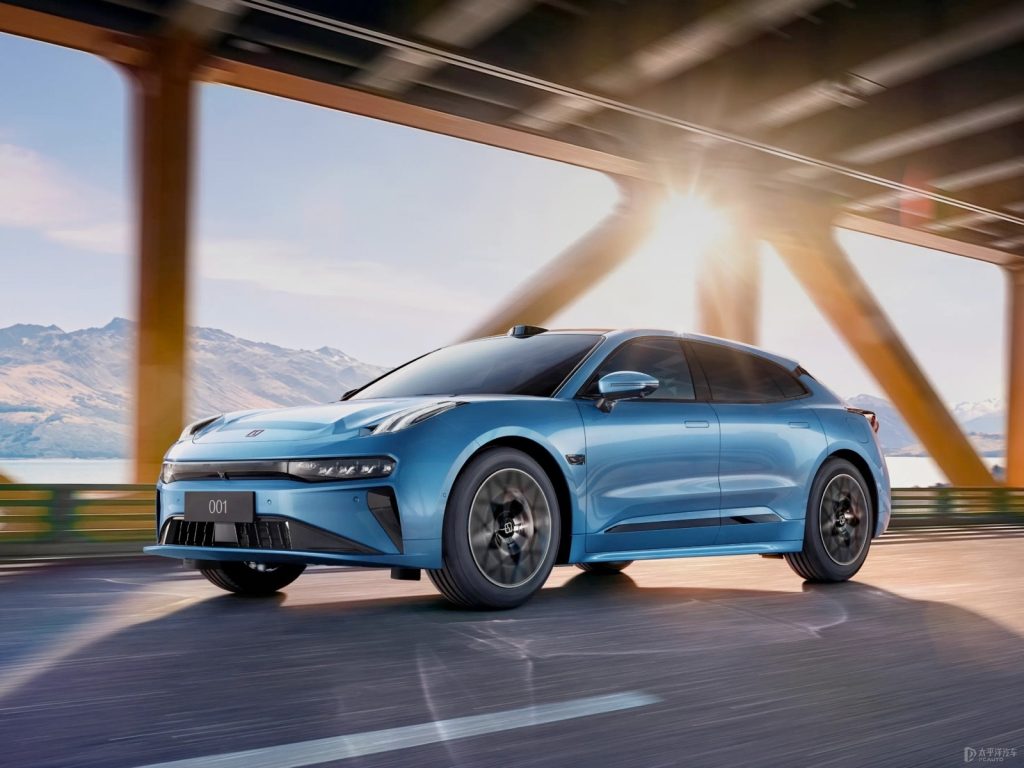
Electrification is just the start – the real battle is over ownership joy.
It’s not enough to sell an EV with good range. Who makes charging painless? Who offers battery warranties that feel like a safety net? Who designs software that gets better with time? These are the questions that will decide who keeps customers—and who loses them to the next big thing.
Most crucially, the winners will be the brands that stop marketing cars – and start enabling lives.
Whether it’s Li Auto’s family-focused tech, NIO’s battery-swap convenience, or Great Wall’s Tank brand turning off-roading into a cultural movement—the next era of loyalty will be built on empathy, not emblem.
Conclusion: The End of Loyalty as We Know It
Ten years ago, no one would have believed a Chinese startup could lure buyers away from BMW. Five years ago, few predicted that BYD – once a budget brand – would out-loyal Toyota in China. Today, those shifts aren’t just possible – they’re the new reality.
For legacy automakers, the message is clear: What made you strong won’t keep you there. The rules have changed. The battleground is now user-centric innovation, and the prize is no longer just market share – it’s relevance.
For the brands that get it, the future is bright. For those that don’t? Well, loyalty has a funny way of fading when the world moves on without you.

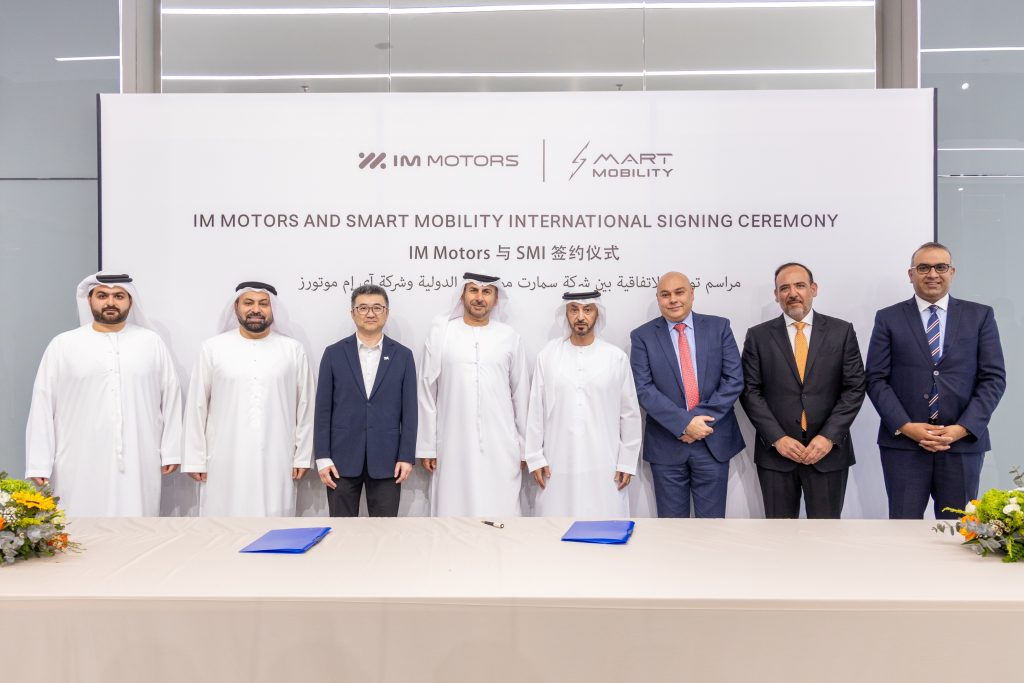
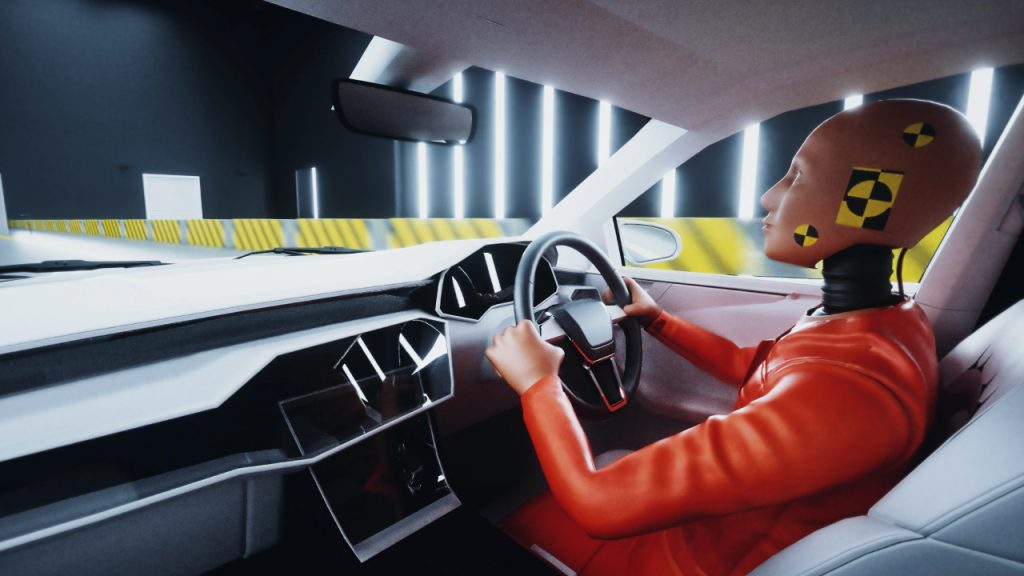

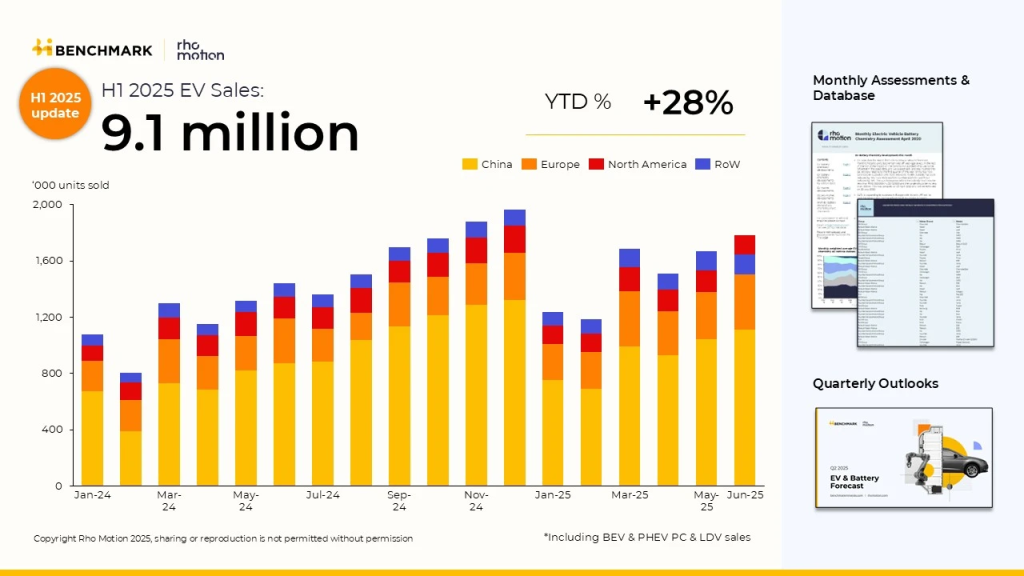
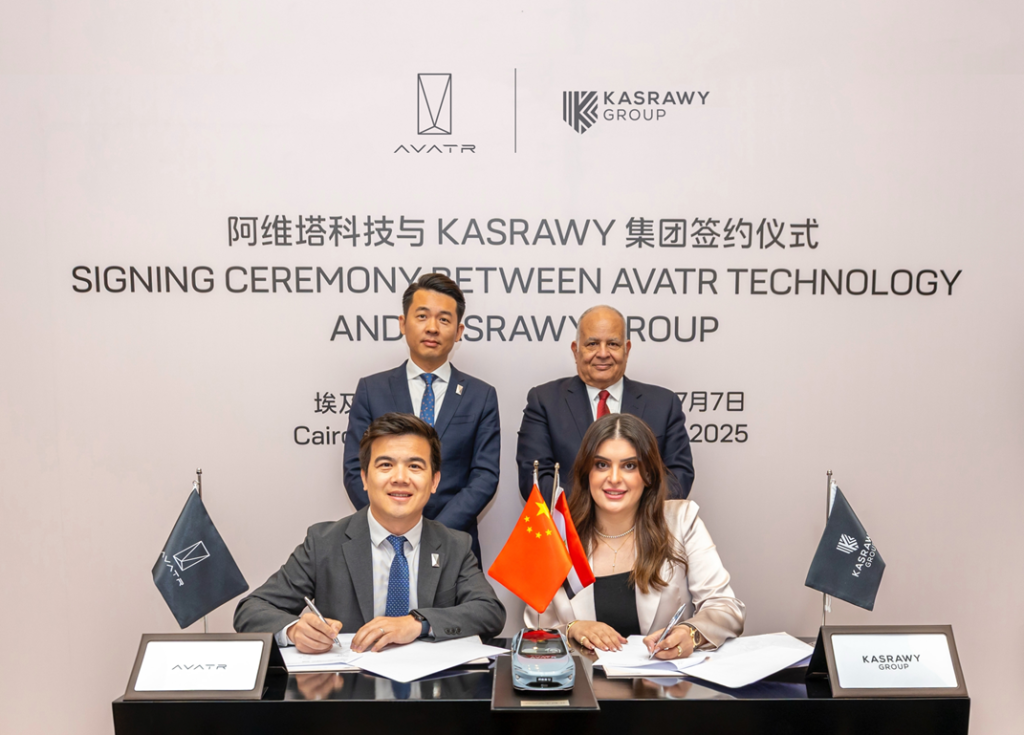
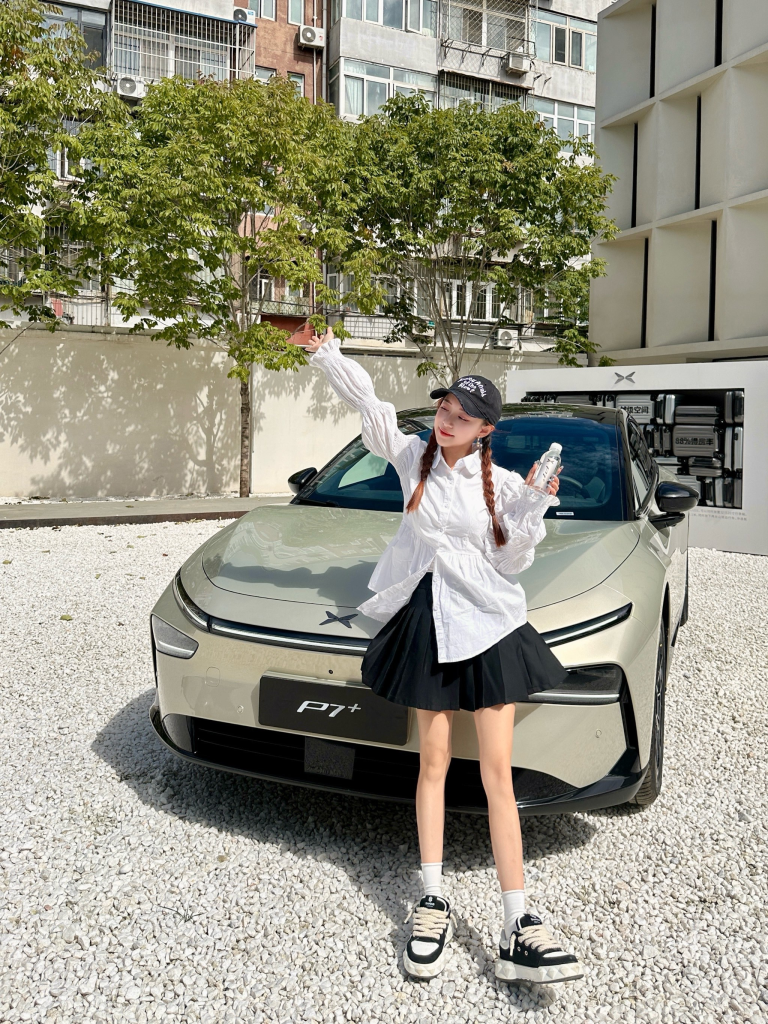

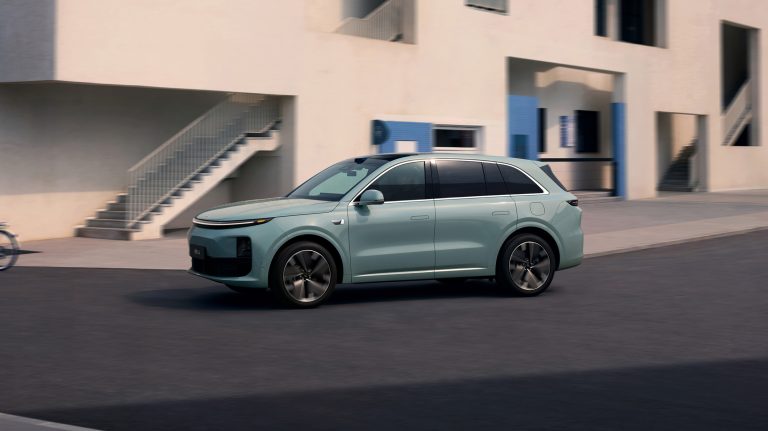
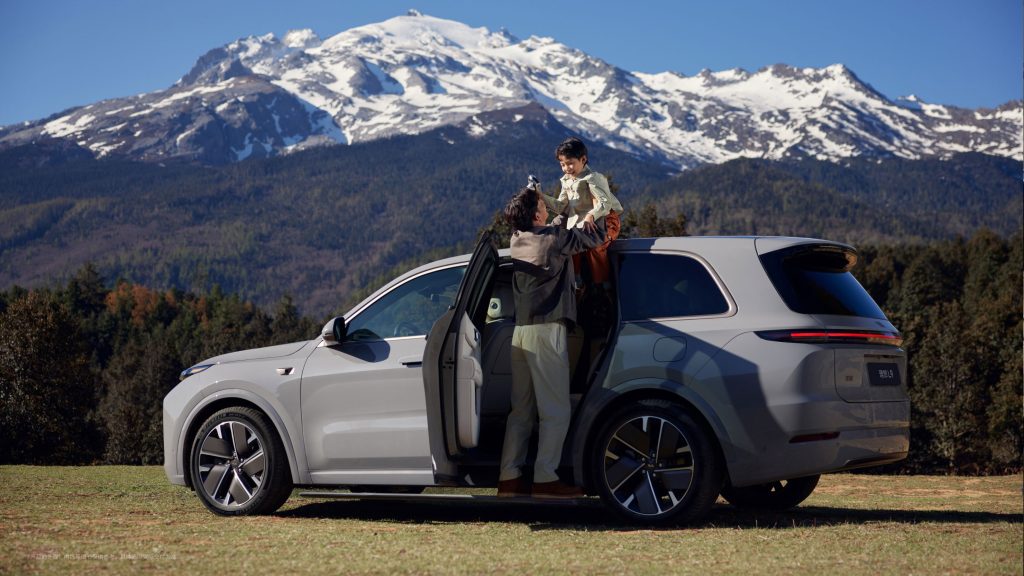

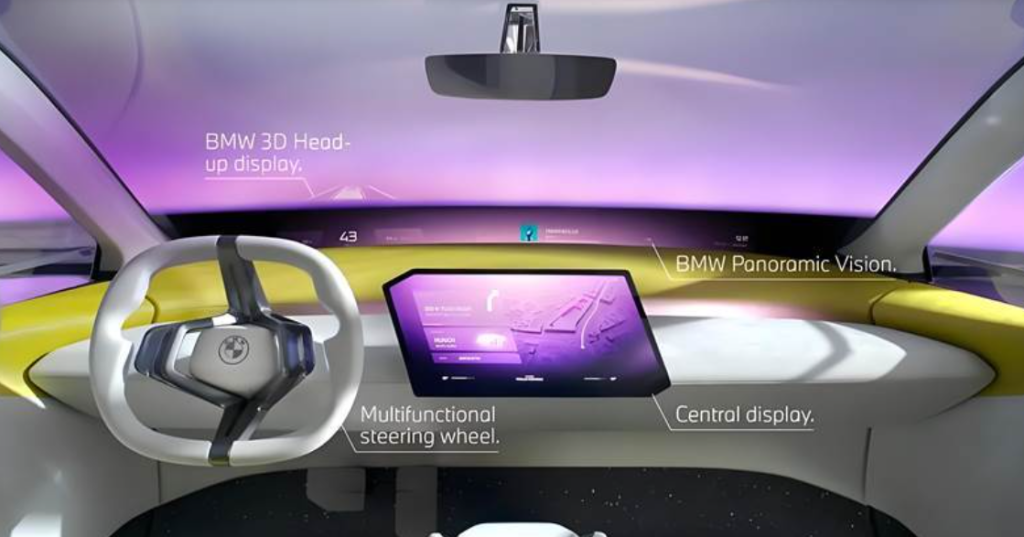

![[POLICY WATCH] CHINA’S 2025 CAR SCRAPPAGE SCHEME: HOW NEVS ARE RESHAPING THE MARKET](http://www.zingevs.com/wp-content/uploads/2025/07/388ec94d-e2cc-4894-97e0-48762c7e4d1d-1024x615.jpg)
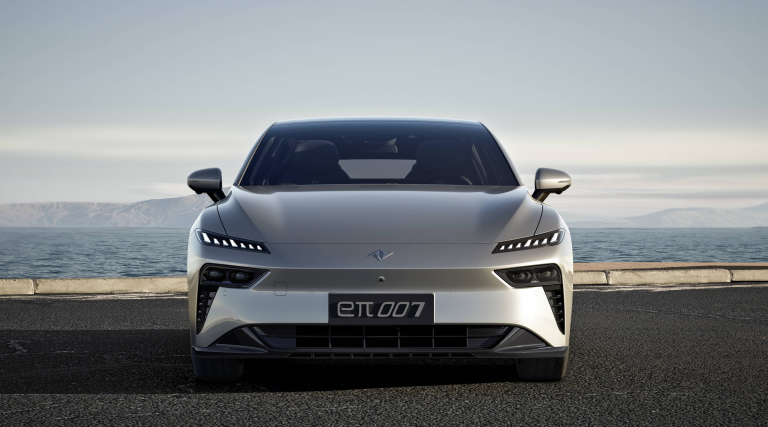
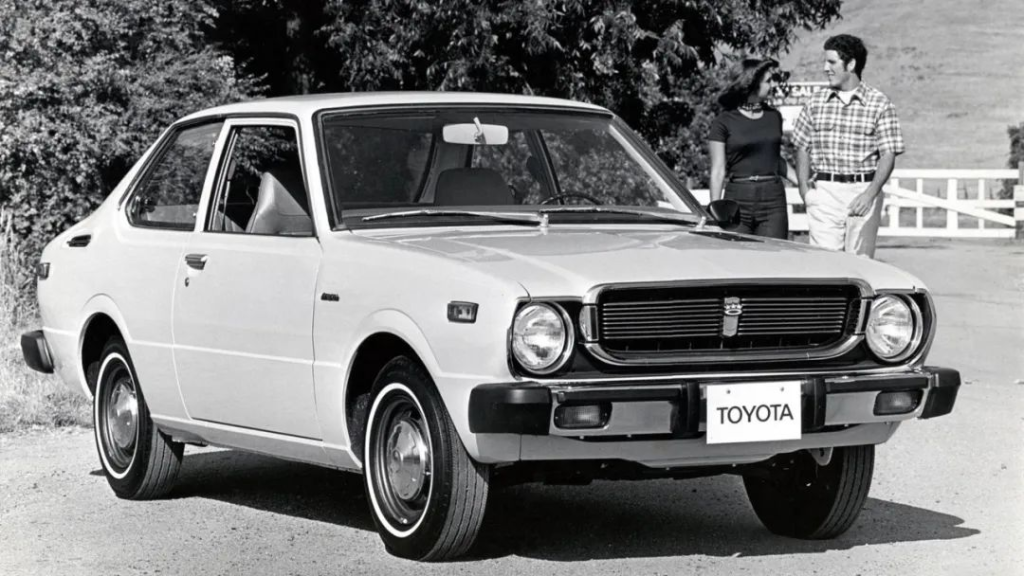

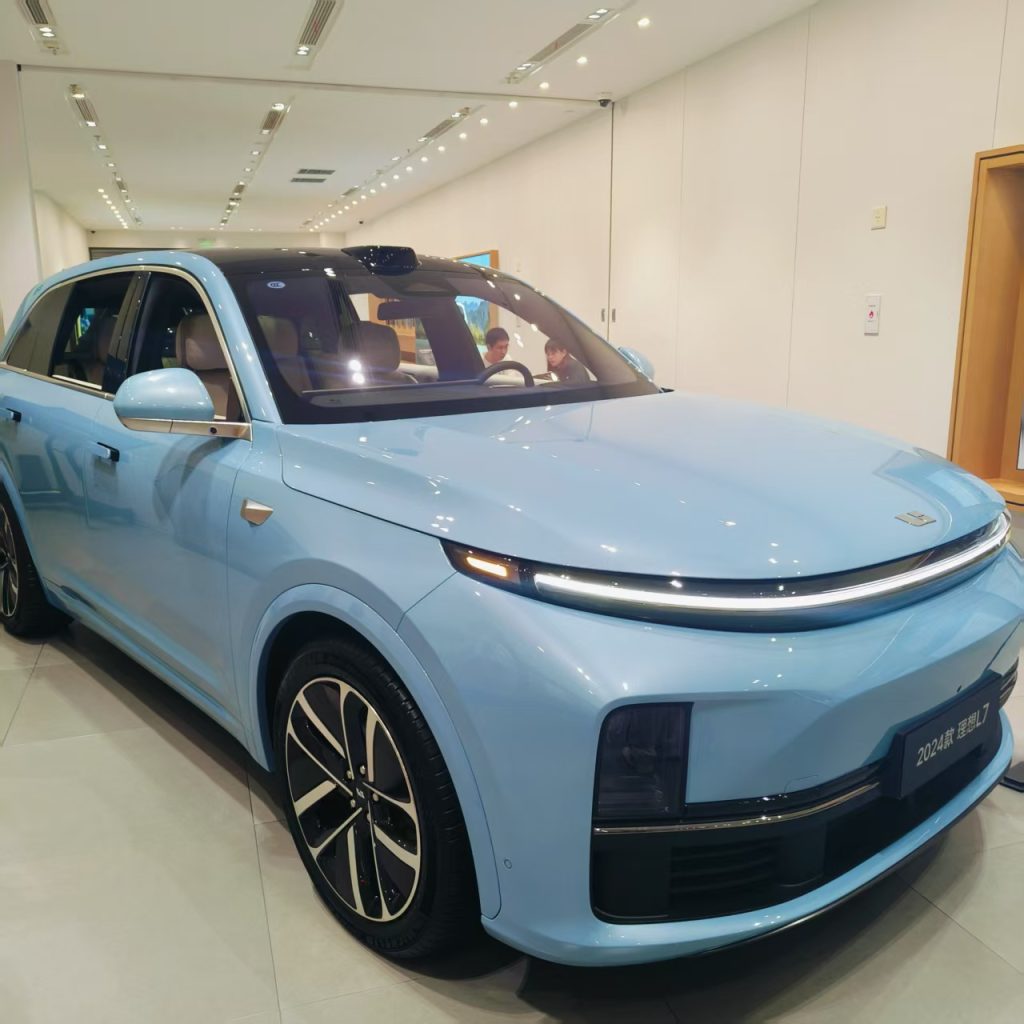
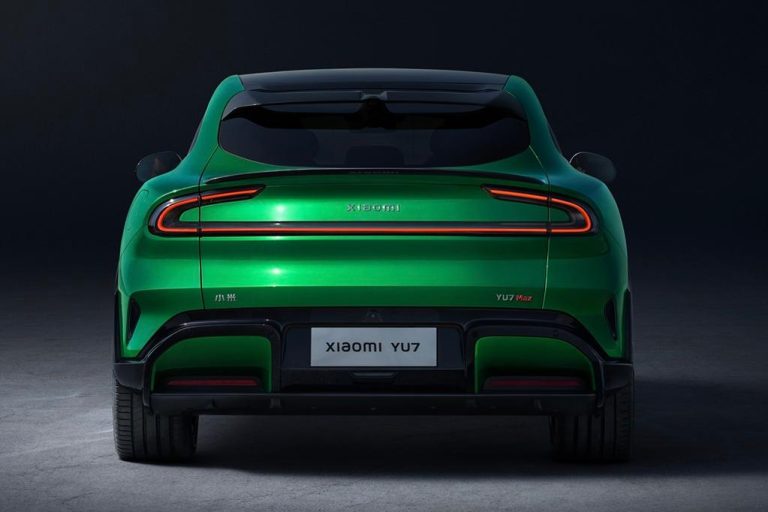
![[CONSUMER INSIGHTS] WHAT SHOULD CHINA LUX. NEVS LOOK LIKE?](http://www.zingevs.com/wp-content/uploads/2025/07/DM_20250705201845_001-1024x514.jpeg)

